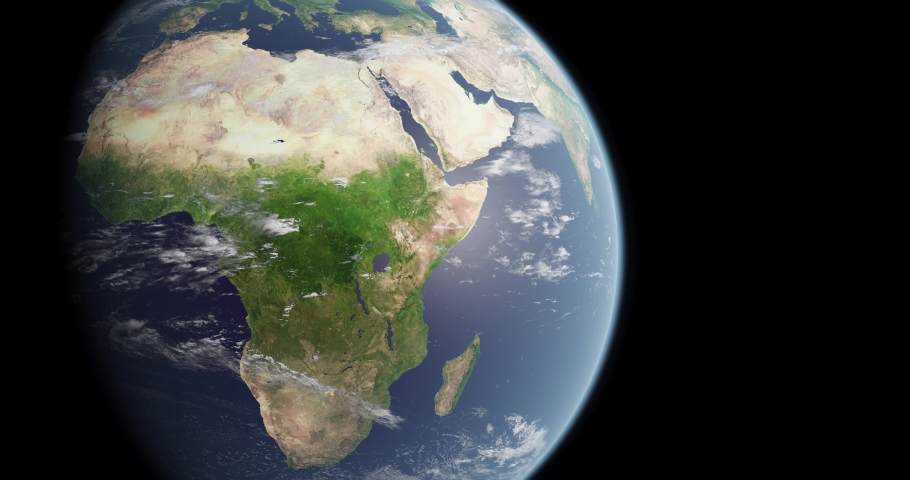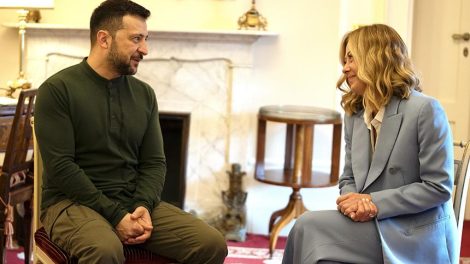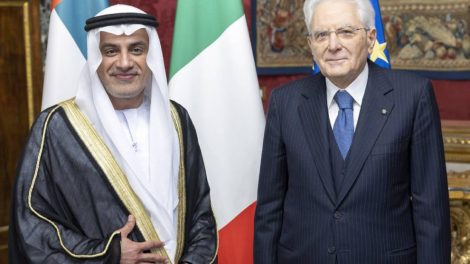A strategic shift. While global attention focuses on Russian President Vladimir Putin’s negotiations with US President Donald Trump over Ukraine, Russia continues to expand its military operations in Africa.
- Given its geographical and geopolitical links to African stability, this growing presence directly impacts Europe.
- Russia’s influence in Libya and Sudan threatens Mediterranean security and could worsen instability in the Sahel, exacerbating conflicts and migration flows.
- Italy, which has launched the Mattei Plan for Africa, considers Russian interference a strategic concern—whether through cyberattacks, political infiltration, or military engagement.
A naval base in Sudan. Sudan’s Foreign Minister, Ali Youssef Ahmed al-Sharif, confirmed an agreement with Russia to establish a naval base near Port Sudan.
- This move places Moscow alongside the US, China, and Italy, which already operate bases in the region.
- Russia may have also influenced Houthi attacks on Western vessels, leveraging tensions in the Red Sea.
Libya as a gateway. Russia is reinforcing its airbase at Maaten al-Sarra, near Chad and Sudan.
- Satellite imagery shows new runway infrastructure, storage facilities, and logistics hubs, indicating military expansion.
- Moscow is also repositioning forces in al-Khadim and al-Jufra, former Wagner strongholds, turning Libya into a launching pad for African operations.
Putin’s playbook. “Putin and his people follow an old Soviet playbook. They see Russia as a great power with constant expansionist ambitions,” says Karim Mezran, director of the North Africa Initiative at the Atlantic Council.
- Mezran argues that Russia’s push into Africa has never truly halted—only its tactical dynamics have shifted.
- “Where they can advance, they do. Where they must pause, they do—but only until the next opportunity arises.”
- Since 2011, Russia has consistently sought to expand its influence in Africa rather than act defensively.
A European security challenge. Russia’s expanding military footprint in Africa threatens European interests and regional stability.
- Italy, through its Mattei Plan, considers Moscow’s actions a direct strategic challenge.
- Russia’s hybrid tactics—including cyberattacks and political influence—are increasingly targeting European allies.
What to watch. Possible Russian militarisation of Tobruk’s port, where Moscow is negotiating for a permanent presence.
- Evidence of Russo-Chinese arms cooperation in Africa, potentially involving drone transfers via Italy.
- The impact on migration flows, terrorism risks, and European security as Russia entrenches itself further into hybrid activities in Africa.





